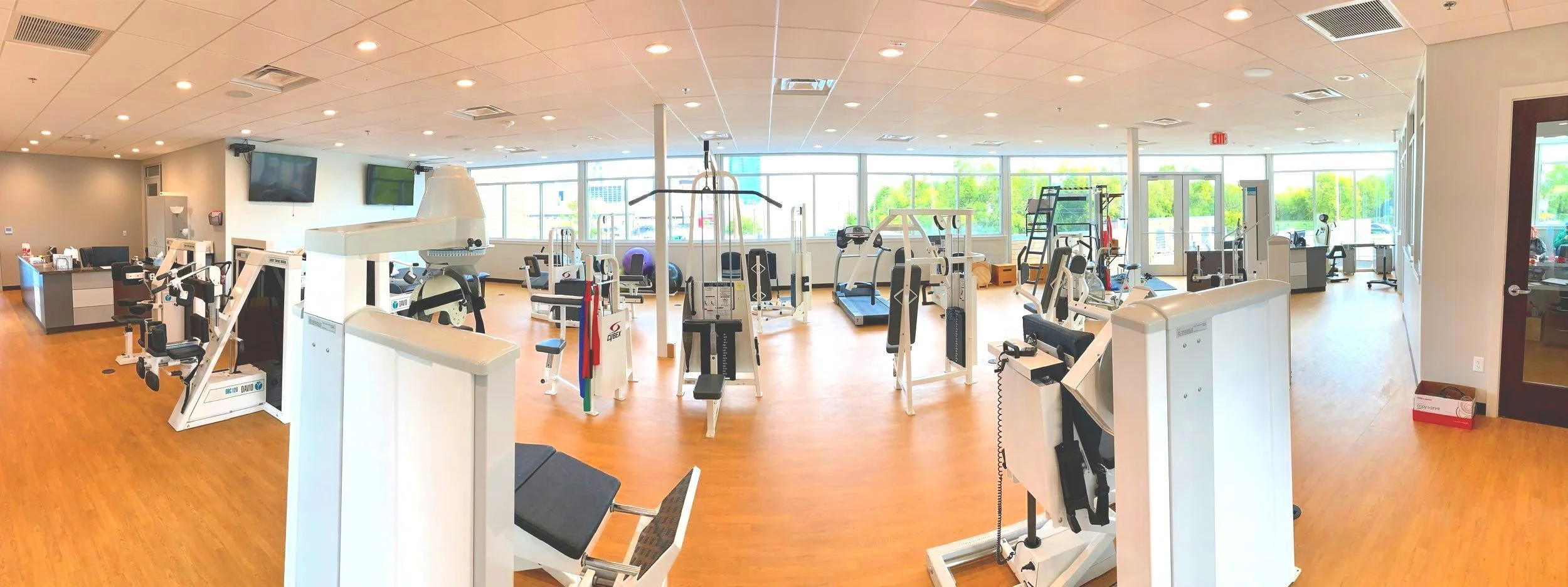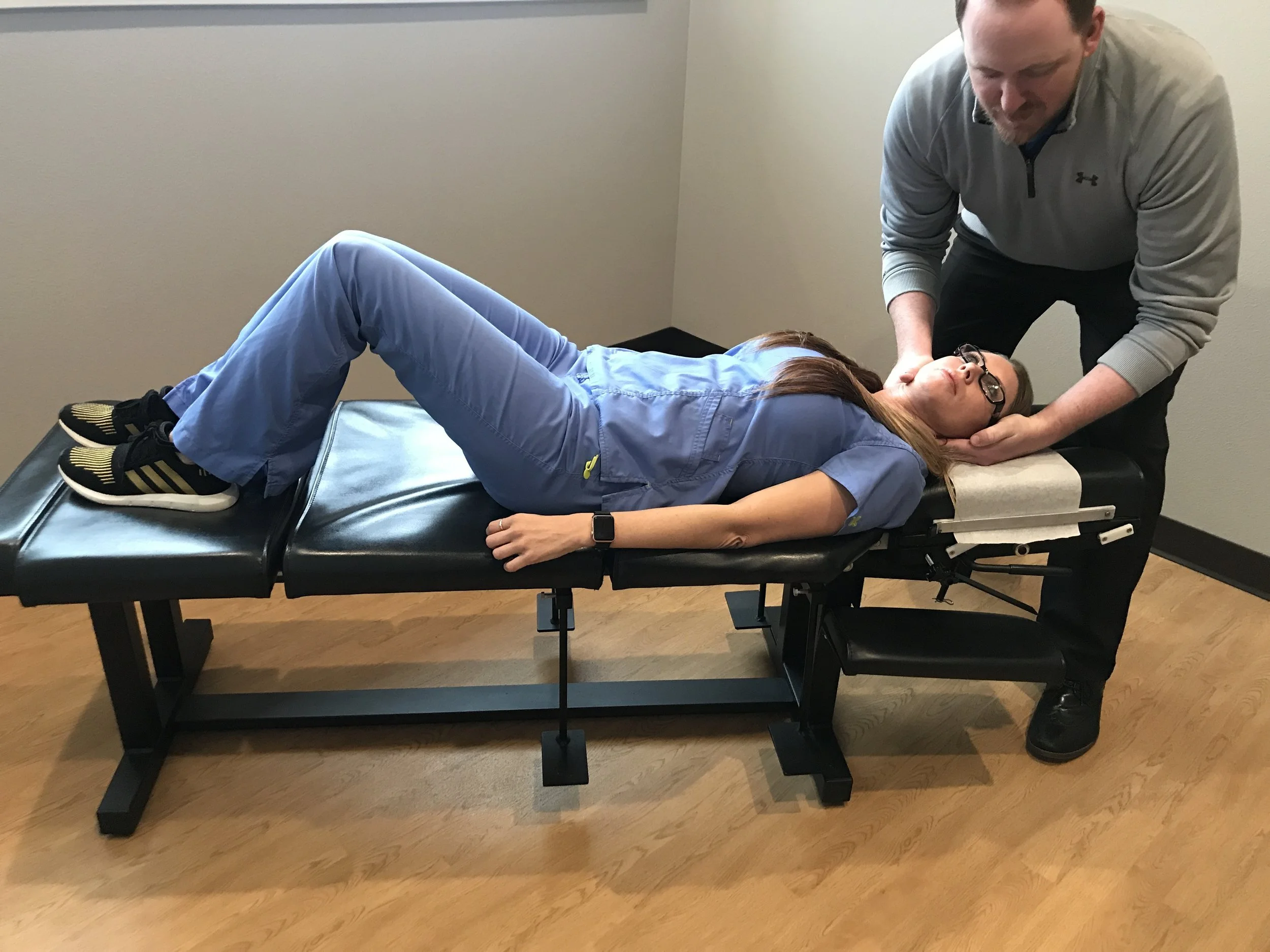
Rotator Cuff Tear
Your pain-free life awaits.
What is a Rotator Cuff Tear?
Common Symptoms
How We Treat a Rotator Cuff Tear
What is a Rotator Cuff Tear?
A rotator cuff tear occurs when one or more of the muscles or tendons in the shoulder become damaged due to injury, overuse, or degeneration. This condition can cause persistent shoulder pain, weakness, and limited range of motion. Without treatment, a rotator cuff tear may worsen, leading to chronic pain and reduced shoulder function.
Symptoms of a Rotator Cuff Tear
Shoulder pain, especially when lifting or reaching overhead
Weakness in the arm or difficulty lifting objects
A popping or clicking sensation in the shoulder
Pain that worsens at night or while sleeping on the affected side
Limited range of motion in the shoulder joint
How We Treat Rotator Cuff Tears
Rotator cuff tears can significantly limit your range of motion and cause persistent discomfort. At DBC of Texas, our Fort Worth and Hurst clinics offer non-surgical solutions to help you regain strength, mobility, and get back to doing the things you enjoy.
We understand that every rotator cuff tear is unique. That's why we create a personalized care plan tailored to your specific needs and goals, which may include:
Chiropractic Adjustments: Gentle adjustments to your shoulder, neck, and upper back can help restore proper alignment, reducing strain on the rotator cuff muscles and promoting healing. We also address any joint restrictions or imbalances that may be contributing to your shoulder pain.
Physical Therapy: Our skilled physical therapists will guide you through a customized exercise program designed to strengthen the muscles surrounding your shoulder, improve flexibility, and restore range of motion. This helps to stabilize the shoulder joint and reduce stress on the rotator cuff.
Massage Therapy: Therapeutic massage techniques can help alleviate muscle tension, reduce pain, and improve circulation in the affected area. This can promote relaxation, decrease inflammation, and enhance the healing process.
Neuromuscular Rehabilitation: We utilize specialized techniques to re-educate your muscles and improve movement patterns. This helps to restore proper shoulder mechanics, reduce abnormal stress on the joint, and prevent further injury.


